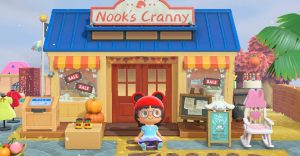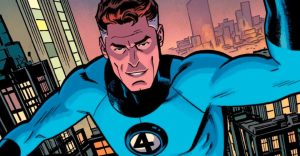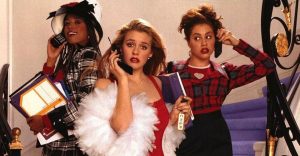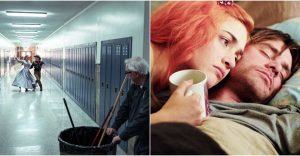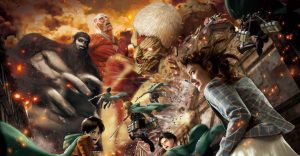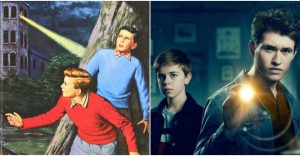Hulu’s Monsterland: What The Shadow People In “Eugene, Oregon” Really Are
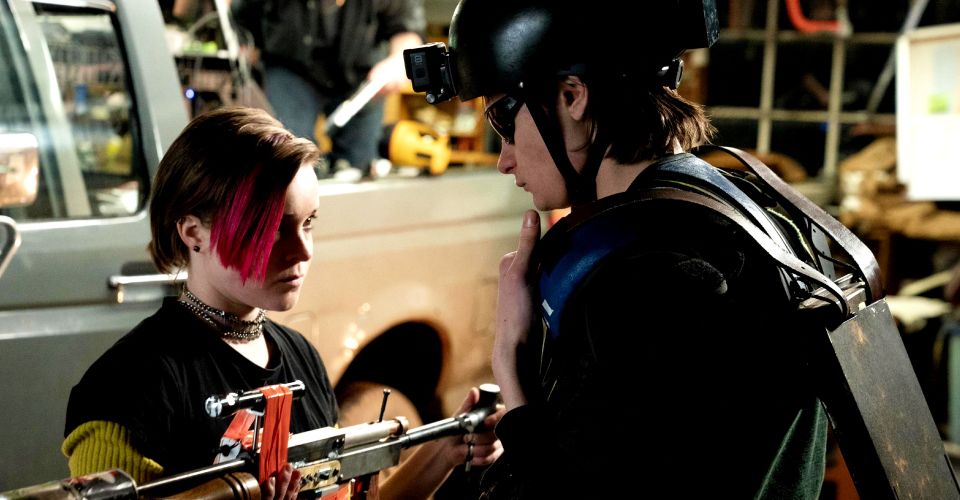
Hulu’s 2020 horror anthology series, Monsterland, depicts seemingly insidious Shadow creatures in episode 2, “Eugene, Oregon”, but what are they really? The ending of Monsterland episode 2 leaves an open ending with deeper commentary regarding the concept of “the other”.
Functioning as an episodic anthology and based off the short story collection North American Lake Monsters: Stories by Nathan Ballingrud, Monsterland has a lot to say about the United States, and the title reveals an ongoing theme: the real monsters of the series are often human. Monsterland season 1 dropped as part of Hulu’s Halloween 2020 programming, and features eight episodes. Similar to other episodic anthologies like Netflix’s Black Mirror, each episode of Monsterland tells a different, standalone story but connects to a larger theme. While Black Mirror addresses the perils of technology and poses how it can bring about the downfall of humanity, Monsterland shows a country full of monsters — they are, at first, depicted like genuine creatures at times, but often relate to the larger connotations of the human condition and explores different definitions of the word “monster”.
“Eugene, Oregon” does this in a very literal way. At first, Nick (Charlie Tahan) is a down on his luck high school kid who is living in poverty and taking care of his sick mother. He can’t afford her prescription medication, his frequent lateness costs him his job, and he can’t seem to get ahead in life. After a late-night gaming session, he discovers a Shadow creature standing in the corner of his bedroom and takes to the internet to find answers. Nick finds something far more valuable — a group of new friends who make him feel less alone and allow him to blame all his struggles on the Shadow’s influence. Suddenly, the Shadow people are the enemy, a thing to be exterminated, and Nick’s new friends encourage him to kill the monster so he can have a better life. The ending of “Eugene, Oregon” suggests Nick’s flashlight gun that he crafts to slay the beast may be more than that — both the flashlight gun and the Shadow he’s hunting can be directly applied to real world issues of domestic terrorism and hatred that is rampantly bred online.

While Nick is set up to be the hero of the story, in actuality, he’s probably far from it. A victim of circumstance, most certainly, Nick’s vulnerability makes him susceptible to the new friends he meets, who easily manipulate him into believing that the Shadow—who playfully made a duck shadow puppet—is single-handedly responsible for destroying his life. In fact, according to Nick’s friends, the Shadow has likely been following him for some time. They all have a story to tell of how Shadows have negatively impacted their life, which feeds into their larger narrative and works to solidify the new thoughts that are building in Nick’s head. These people accept him, embrace him, and more importantly, they want to help him. Why would they be lying?
At the end of Monsterland‘s “Eugene, Oregon”, Nick hunts the Shadow with his flashlight gun, but leaves his mother with a cryptic message before he heads out of their home. This exchange between them seems like a goodbye—or like Nick knows he likely won’t return home after whatever he’s about to do—and is the first clue that what’s depicted in the episode likely isn’t on the nose. One could replace “Shadow” with any number of individuals or groups that are depicted as “the enemy”. Because of this, it becomes a generic term to comment on how angry, vulnerable people will target others and blame them for their problems, rather than facing them head-on. When this perfect storm of anger, misfortune, and a lack of resources combines with others feeding into the hatred and fueling it, it becomes dangerous.
Ultimately, Monsterland doesn’t show what Nick is really doing — to the audience, he’s just killing a faceless Shadow. He’s setting himself free. However, the final seconds of “Eugene, Oregon”, where the Shadow drops to its knees and puts its hands up in surrender only to be presumably killed by Nick (complete with a real gunshot sound) suggests that he actually killed someone. Was it his boss? Was it one of the kids who bully him? The answer is less important than the episode’s true meaning — Nick has decided to right some preconceived wrong, violently. In essence, he has become one of the horror anthology’s real monsters.
About The Author












